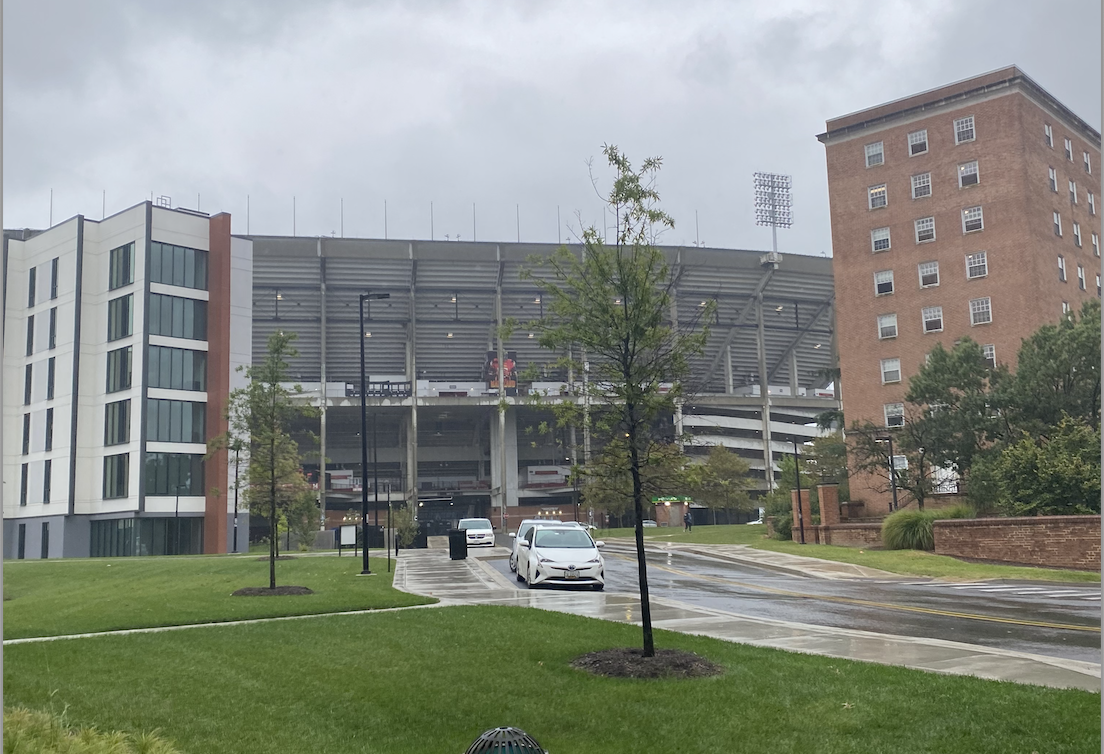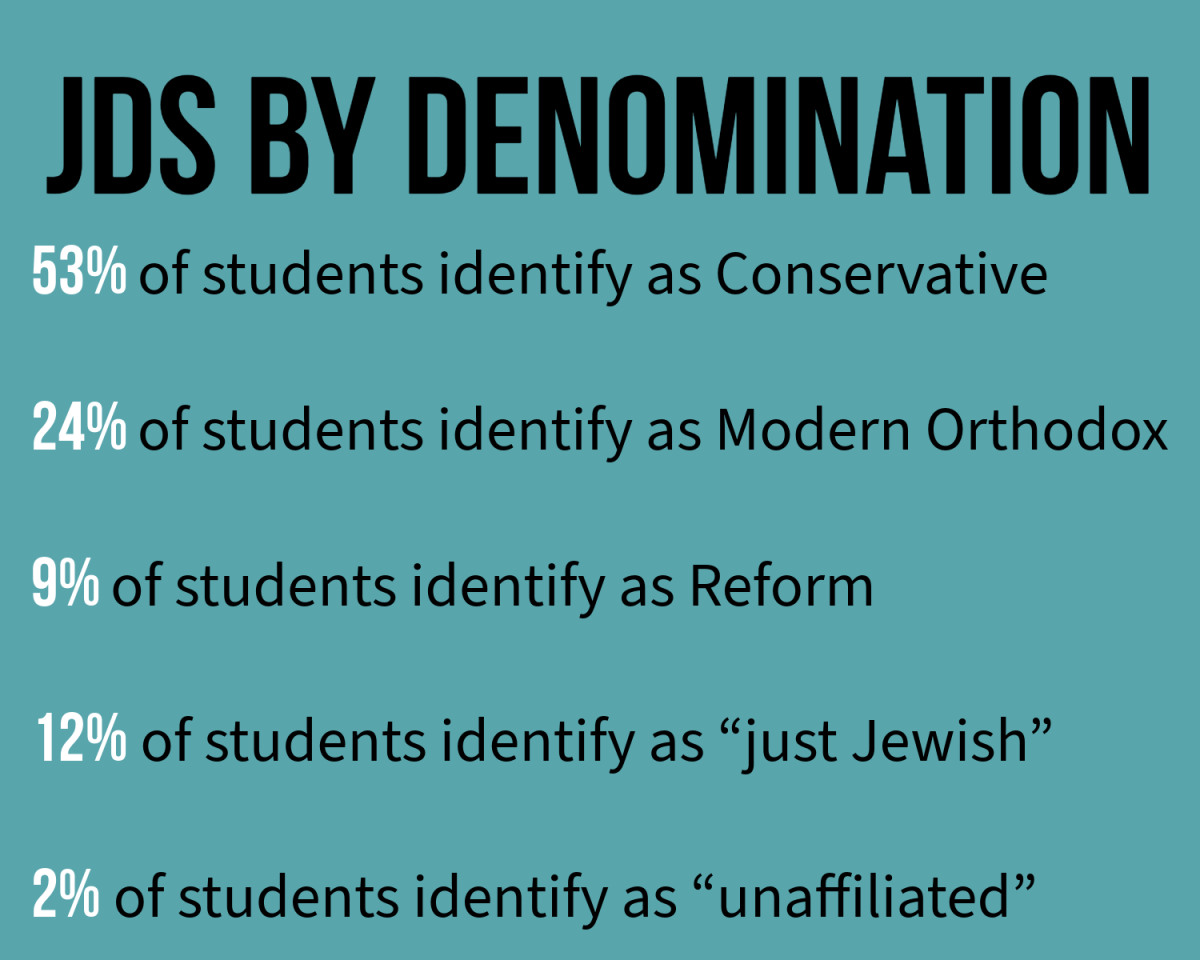As a high school student, I often hear of my alumni friends who are underclassmen at their colleges participating in Greek life. Whether it’s a post on Instagram or hearing a story from a friend, Greek life has the ability to make a college experience more meaningful.
For many students, like myself, Greek life is an appealing aspect of the college experience. Especially coming from a small high school, it is extremely important to me that I am able to join a sorority in college to build tight-knit friendships. So, when I found out that my state university, the University of Maryland in College Park (UMD), placed a suspension on all Greek life, I was upset and confused.
On March 1, Director of Student Conduct at UMD James Bond sent a letter to the University’s sororities and fraternities announcing an indefinite suspension while an investigation takes place to look into unsafe activity in Greek life. This action came as a result of reports of misconduct and unsafe actions within sororities and fraternities. Although this may seem insignificant, more than 16% of the undergraduates at Maryland are Greek life participants, so this suspension had a large effect on campus.
The ban was placed on all chapters in the Interfraternity Council (IFC) and Panhellenic Council (PHA), which includes 16 chapters on campus. Although all these chapters are being punished, the university has yet to tell the chapters which and how many of them are being accused of misconduct, or how many accusations there are.
While I agree that hazing and unsafe activities should be stopped, it isn’t productive to ban all Greek life on campus when it is likely only a few of the chapters who are behaving unsafely. Instead of barring Greek life as a whole, I believe it would have been more productive for the UMD administration to go after the specific chapters having issues.
Specifically, the suspension puts all sororities and fraternities on social moratorium, which means that they are barred from holding events with alcohol and also prohibits Greek life members from reaching out to new or prospective members. I understand the logic behind these bans, but an indefinite suspension is an extreme and unfair punishment.
Greek life serves as a unifying force at universities across the country, and for many students feel that members of their chapter are like family. It is unfair to bar students at UMD from building these relationships because of a crime many of them likely didn’t commit.
I believe that the punishment of social moratorium makes sense and is an effective method of stopping hazing, but the ban on contact with new or prospective members seems unnecessary. Considering the fact that UMD sorority rush took place at the end of January, members who have been in their chapters for only a month are unable to begin to build the strong friendships they were expecting when joining.
Instead of this ban, I believe it would be more effective to keep the social moratorium punishment while still allowing Greek life to meet and interact with new members.
Additionally, I believe that the school should take action against the chapters with accusations rather than Greek life as a whole, as each chapter has their own culture. I in no way believe that hazing or other unsafe behavior should go unpunished, but it seems unfair for everyone to reap the consequences.
Although most associate Greek life with only partying and alcohol, chapters can offer much more than that. According to Gallup and Cornell College, the 16% of college graduates who were members of Greek organizations are more likely to report being emotionally supported. Additionally, 85% of the Fortune 500 executives were members of Greek life organizations, as those who were in sororities and fraternities in college are more likely to be engaged in their careers.
Sororities and fraternities are such an important staple of college life to many university students. They provide opportunities for new bonds and social settings, and many members consider their Greek life friends their siblings. Once proven, I hope UMD takes thorough action against the chapters which partook in unsafe practices. Until then, however, it is unfair to completely take away such a vital part of campus social life.

















